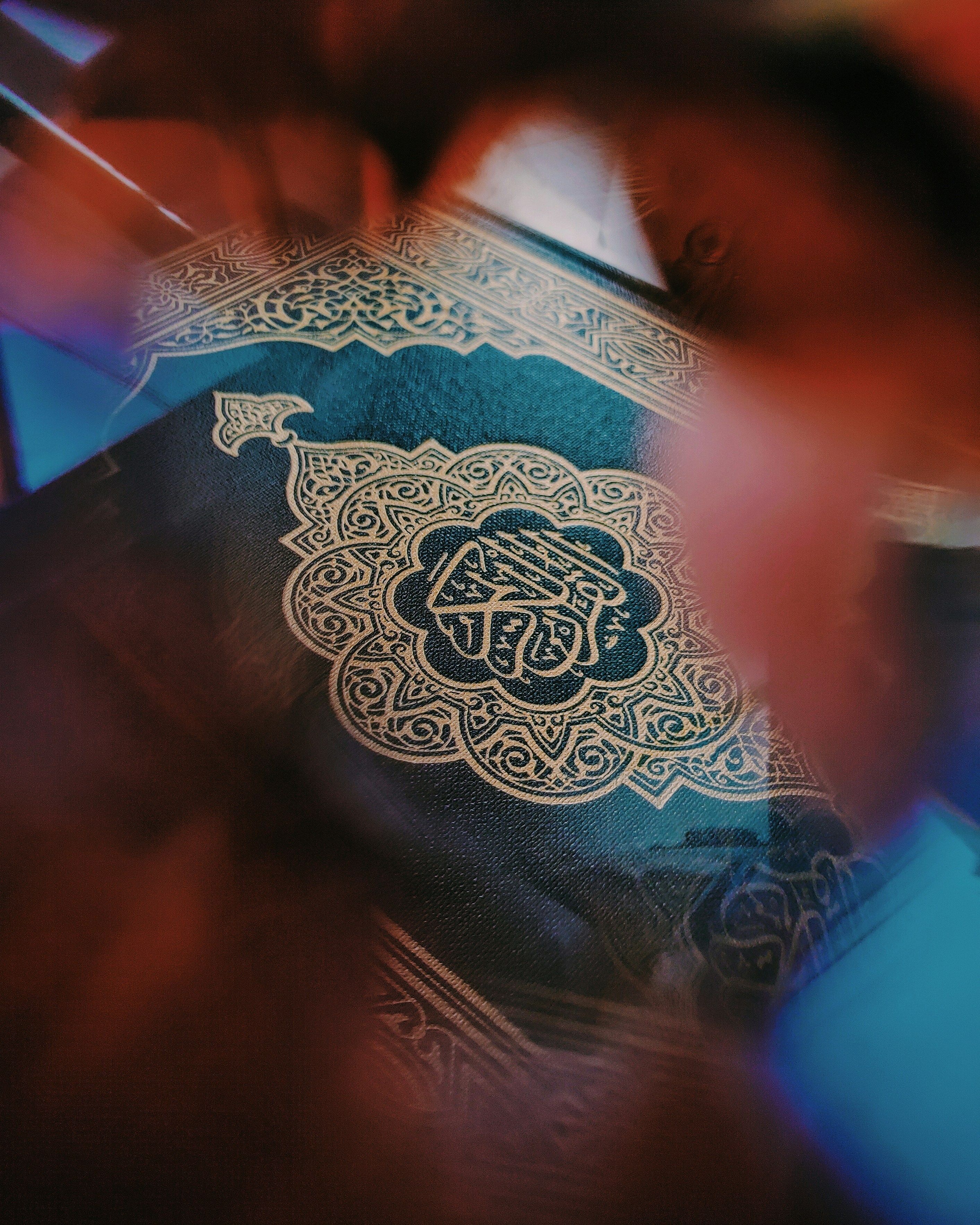
The instruction in the Qur’an which guides our publication and our work at MyLLife is this particular verse, “Let there be among Our (God’s) creation, a group that seeks and guides with the truth and do justice thereby.” (7:181)
While this verses in the Qur’an could apply to any group who aspire for truth and justice – two key aspects of any thriving society to develop full human potential for each of its members – the Prophet of Islam had said that this verse refers to his community (ummah) that he was tasked to build. As member of that community, living in the 21st century, we need to reflect and develop our own strategy on how to achieve this lofty aim for the benefit of all of humanity.
As a minority in US, we face islamophobia and other discriminatory practices, some of which were targeted in the past against those who are considered mainstream today like Irish Catholics and European Jews. We believe that each member of our community, especially those who are professionals, business owners, physicians, lawyers, i.e., financially privileged, have a particular responsibility to go beyond their personal and familial obligations to uplift the entire community, especially those young people whose parents are financially and socially disadvantaged.
As we launch our annual fundraising campaign described in our editorial, we will focus on three elements of giving that deserve some discussion and refinement. Traditionally Sadaqah (income based voluntary charity) and Zakat (wealth based obligatory charity for common good) are the two mainstays of how we share our financial blessings to benefit others. Yet early Muslims at the time of the Prophet, when Muslims were few in numbers and generally considered poor in the society, few Muslims who were wealthy made enormous sacrifices that had significant impact on the wellbeing and advancement of early Muslim community. Some of the Prophet’s closest associates are legendary for such sacrifices – a fact that is noted in many Friday sermons and storytelling but not practiced as much anymore. Abu Bakr was known to give ALL of his wealth at the service of the community, while Omar ibn Kattab used to give HALF of his wealth and Osman ibn Afwan used to give a THIRD of his wealth, whenever asked by the Prophet. Let’s call this Responsible Charity, that parallels the notion of a sense of duty (Taqwa) to a larger-than-life cause, relevant to the situation they found themselves. Let’s think about these three modes of giving over the next several weeks.
This last category might be called more appropriate as strategic investment from a social perspective but charity from legal and tax perspective. These three levels of giving have parallel in other concepts. Submission (Muslim), Faithful (Mo’men) and Responsible accountability (Muttaquin) are the gradual progression of a believer as he or she formally declared submission to God, deepen their faith thru the five pillars of Islam and then continue moving towards the higher ground by increasing their level of responsibility and accountability to God and to society. Our soul (nafs) is also considered to journey through three stages – the earthly soul (nafsal ammarah) to self-critical soul (nafsal lawwamah) to a soul of natural contentment (nafsal mutmainnah).
We are going to deliberate on this for the next two issues (Nov 1 and Dec 6) and welcome your thoughts and participation in this conversation but more importantly, engage in these types of giving with MyLLife.

